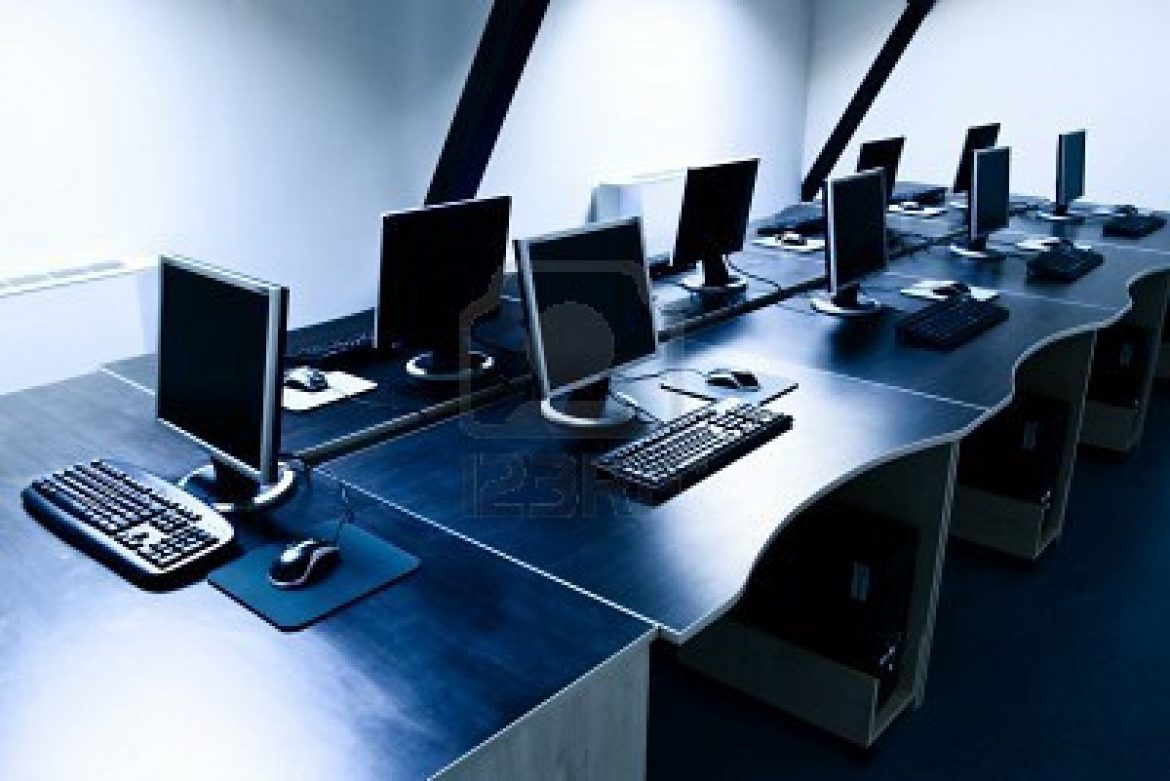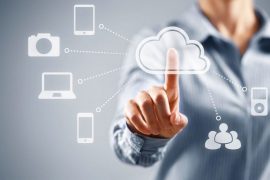Businesses often weigh the pros and cons of renting or buying computers. There’s so much to consider. In addition to the total cost of the hardware, the business must also consider tax deductions, flexible use, and more.
In some situations, the cost-benefit of computer rentals may outweigh the requirements of buying them.
Pros of Renting Computers
Some of the reasons to rent or lease computers include:
1. Renting computers may be right for a business that needs to regularly update equipment. For instance, if the business must update hardware each year to stay competitive in its space, renting or leasing computers prevents the business from getting stuck with older equipment.
2. Computer equipment quickly depreciates in value. Leasing avoids the need to sell or dispose of depreciated hardware.
3. Businesses have lower front-end expenses involved in leasing computers. Buying new hardware involves a large lump sum cost to the business.
4. Leasing computers may offer tax advantages to the business. Expenses related to renting computers may be tax-deductible under IRS Section 179 (cost of qualifying property).
5. Leasing hardware offers greater options and flexibility for the business. It’s easier to try new hardware that may help the business succeed.
6. Leased computer equipment equals lower maintenance costs. If a computer breaks or wears out due to normal use, the computer leasing company fixes or replaces it.
Cons of Renting Computers
Some of the most frequently mentioned cons of renting computers include:
1. The business may pay a higher cost over time to lease or rent computers. Paying in full to purchase hardware may be less expensive if the business pays cash.
2. There’s no equity available in the leased equipment. Since the business doesn’t own the equipment, the business cannot sell the leased hardware.
3. The computer leasing provider may offer longer leasing terms than the business needs. Look for a provider that offers flexible options.
Pros of Owning Hardware
1. If the business owns its computer hardware, it’s possible to make any necessary alterations or adjustments to it. The business decides how and when to maintain the hardware.
2. Tax incentives may be substantial when the business purchases hardware, but IRS Section 179 limits the amount. In addition, the business’ hardware might not qualify for treatment under Section 179. Consult a tax adviser to discuss your business’ needs before deciding to buy or lease computer hardware.
3. Outright purchase of computers may be simpler than dealing with contracts. For instance, a sole proprietorship might prefer to buy and maintain its computers instead of leasing them.
Cons of Owning Computer Hardware
Businesses cite the following cons of owning computers:
1. Buying computer equipment involves paying with cash or credit. Depending on the business’ financing costs, it may be easier to make low monthly payments to a computer leasing provider.
2. Higher costs of desirable computer hardware may prevent the business from buying the equipment it needs. If paying cash, the business may buy lower quality equipment that requires more maintenance costs and headaches.
3. Technology is often quickly outdated. If the business owns the computer hardware, it may be necessary to maintain the equipment for several years. In the interim, the business must repair, store, or dispose of the hardware.
The decision about whether to buy or lease computer equipment usually includes the business’ cash flow, potential tax deductions, donation or resale value. The business owner typically considers projected revenues to be derived from new equipment, projected life of the hardware, and costs.







